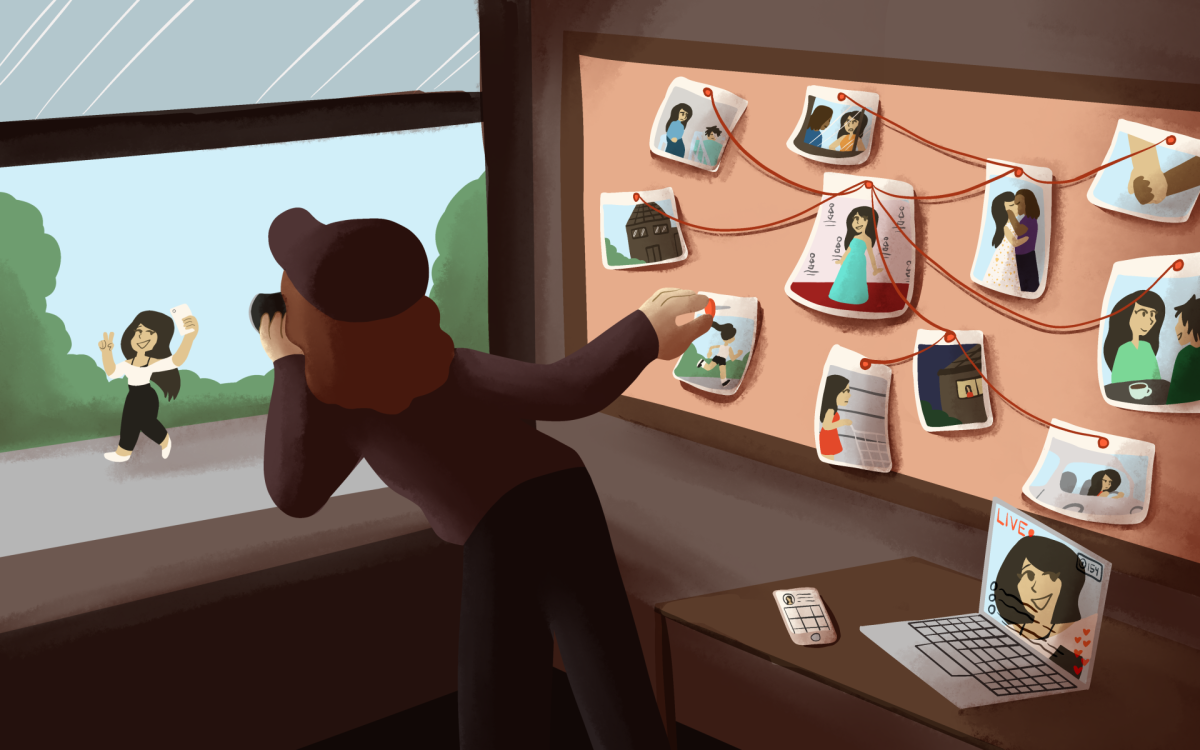I am writing in response to an April 4, 2011, article in The DePaulia entitled “Religious Tolerance trumps Catholic Roots.” Please allow me to offer a counter perspective:
The most substantive portion of this article is the question, “How can DePaul honor ‘the religiously pluralistic composition’ of the student body while, at the same time, ‘bring the light of Catholic faith and the treasures of knowledge into a mutually challenging and supportive relationship’?”
If the article is attempting to identify the expression of Catholic identity at DePaul, I find it interesting that the article neglects the physical presence of the St. Louise de Marillac chapel and the Catholic Campus Ministry offices, located on the first floor of the Lincoln Park Student Center next door to the Interfaith Sacred Space and Center for Intercultural Programs (respectively).
Further, if one were to search past the physical symbols, the author would have discovered the Catholic Studies Program, the Center for World Catholicism and Intercultural Theology, the Steans Center, University Ministry and the Office of Mission and Values—all of which involve Catholic voice and student participation at our university.
Had the article explored these offices and programs, which are integral to the DePaul community, it might have unearthed a “definition” of DePaul’s Catholic identity that would answer the above question posed.
If the article had explored the presence of the Steans Center, it would have found the requirement of Liberal Arts students to participate in service-learning courses, as well as the numerous urban sites at which the university community serves. If the article had approached the Center for World Catholicism, it would have discovered the multiple conferences held every year on DePaul’s campus breaching challenging subjects such as liberation theology, communion within the Catholic Church and Catholicism as a global and diverse institution.
If the article had discussed University Ministry, it would have talked about the Interfaith Scholars program, Vincentian Service Day and the DePaul Community Service Association. If the author had talked with representatives of DePaul’s Catholic Campus Ministry, he or she might have discovered things like Sunday Night Mass, Taize Prayer, the Catholic Social Concerns Service group, Scripture Study and the Vincent and Louise House.
All of these include expressions and articulations of DePaul University’s Vincentian identity.
The answer to the question above is answered by DePaul’s unique and impressive Vincentian identity as it continually guides its community toward very Catholic actions, such as service, dialogue and learning—all of which lead us on the “way of wisdom.”
“Religious toleration” does not “trump” DePaul’s “Catholic roots”; it is the result of DePaul’s authentically Vincentian and Catholic character. Vatican II’s “Nostra Aetate” says it is the Church’s task to “promote unity and love among men…to draw them to fellowship” and calls herself and people of all faiths to “work sincerely for mutual understanding and to preserve, as well as to promote, together for the benefit of all mankind, social justice and moral welfare, as well as peace and freedom.”
Dialogue, especially for the sake of justice, is a contemporary and distinctly Catholic attitude which may have been communicated by any Catholic Studies student or professor. Likewise, if the author had talked with DePaul’s Office of Mission and Values, I wonder if the zeal of Vincent de Paul for the poor and marginalized would have been learned. Perhaps then the article would have informed its readers that DePaul’s Catholic identity permeates everything about it, from its recent relinquishing of the SAT/ACT requirement for applicants to its upcoming “Lovefest” Interfaith Retreat.
If Catholic “identity” is found in what hangs on buildings (that being a cross on McGowan, by the way, not a “crucifix”), then what you will find is the occasional symbol or nearby church (as well as a beautiful mural of Vincent de Paul on McCabe).
But if DePaul’s Catholic identity were to be found in what its students actually do, then perhaps one should consider the Vincentian Service Day that begins in St. Vincent de Paul church every year or the Vincent and Louise House, which serves in a soup kitchen multiple mornings a week, or the Taize prayer service in which multiple Christian denominations gather for worship every Tuesday.
That’s what makes DePaul Catholic, and these are the places you’ll find the desire and encouragement for not only religious toleration but authentic conversation and fellowship.
Considering the above, I believe “Religious Tolerance trumps Catholic roots” was incredibly uninformative and possibly inflammatory. I wish The DePaulia had thought twice before printing it and instead considered serving our university community by helping students discover what’s amazingly Catholic about DePaul.
Likewise, I believe it did a disservice to our Vincentian heritage and university mission by suggesting that DePaul’s “Catholic identity” would prevent or hinder religious toleration and pluralism. I hope that when a topic like this is considered for publication again, the editor makes sure his or her writers are well-informed.







